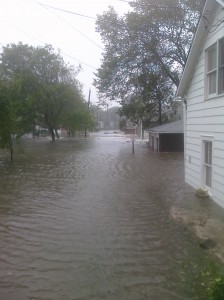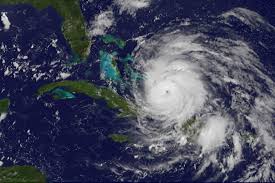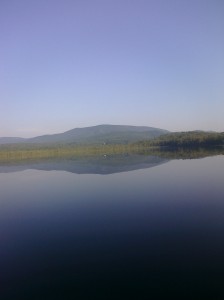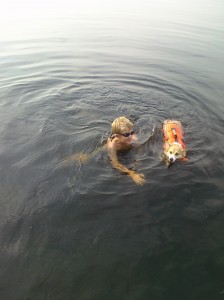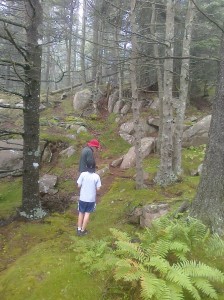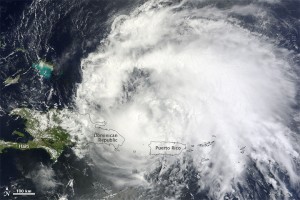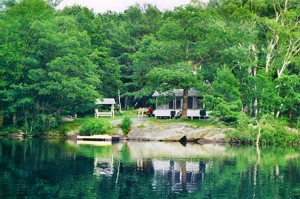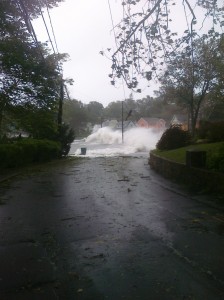 I took this picture of my swimming beach a bit before high tide (11:05) on Sunday.
I took this picture of my swimming beach a bit before high tide (11:05) on Sunday.
Here’s a YouTube video looking back toward the seawall that also gives a sense of it:
Short Beach in front of Pentacost
Some of the worst damage was from storm surge, down the street on Beckett Ave, where our neighbors’ garages, basements, and a couple of ill-parked cars (underwater in this photo) were washed out. The storm hit us right at a 7′ spring tide, coinciding with the new moon.
Added: Video of us rescuing our dog, who ran into the still-surf covered road.
